This issue was raised by National Assembly delegate Pham Trong Nhan (HCMC) during the discussion session at the National Assembly on the morning of October 30, regarding the implementation of the State budget in 2025, the estimate for 2026 and the implementation of the public investment plan.
Ho Chi Minh City has an economic scale equivalent to a small country, contributing nearly 1/4 of the country's GDP and 1/3 of the total national budget revenue, with GRDP surpassing many countries in the region. However, according to delegate Pham Trong Nhan, there still exists a paradox that hinders development due to the difference between responsibilities and management tools.
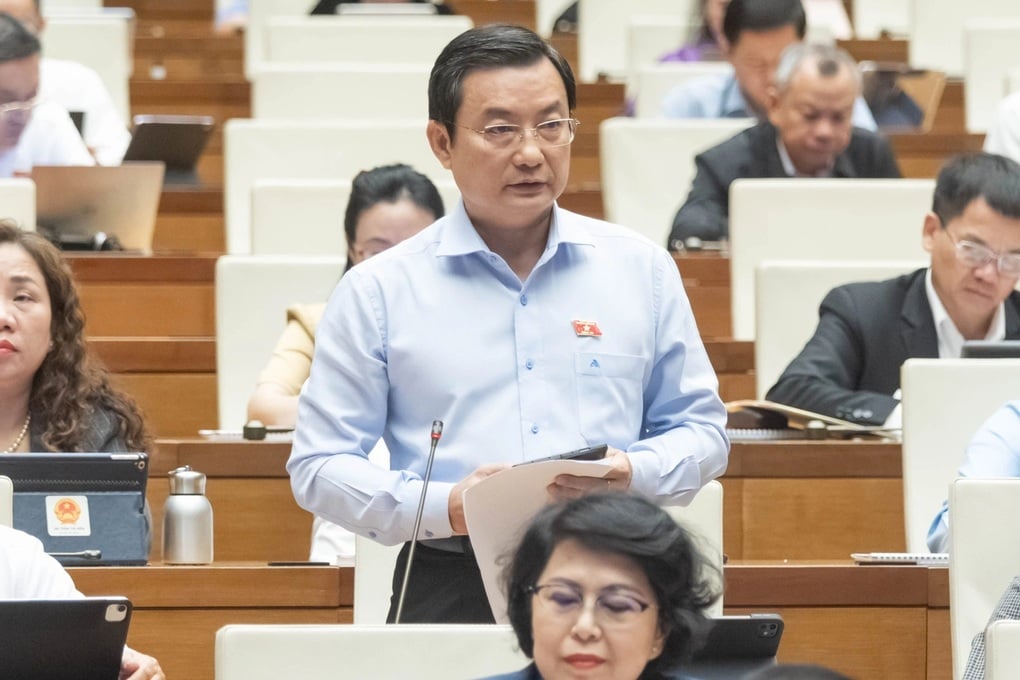
National Assembly Delegate Pham Trong Nhan (Photo: Hong Phong).
Furthermore, Ho Chi Minh City is still constrained by the "provincial institutional coat" which is no longer compatible with the stature of a mega-city and the established multi-center space.
“If this paradox is not resolved, reform will forever stop at the threshold and the pilot site may become a barrier to institutional reform itself,” said delegate Nhan.
According to him, to achieve 10-11% growth per year for the period up to 2030, Ho Chi Minh City needs to mobilize 8 quadrillion VND of social investment capital. With that goal, the city needs institutional autonomy the most.
“I urgently request the National Assembly to initiate the drafting of a special Urban Law for Ho Chi Minh City. This is considered an institutional solution to expand revenue sources, increase public investment and reduce the burden on the Central Government,” said delegate Nhan.
He emphasized that if the National Assembly gives Ho Chi Minh City appropriate institutional tools, the city will not only break through itself but also create new momentum, leading other localities in the country to develop together.
In a general assessment of the financial plan, delegate Ha Sy Dong (former Chairman of the People's Committee of Quang Tri province) said that the current budget revenue and expenditure structure is still unsustainable.
“Increased budget revenue in recent years has mainly been due to a number of situational factors, and has not yet formed a long-term driving force. New revenue sources from the digital economy, e-commerce, and cross-border services have not been effectively exploited; revenue from equitization and divestment of state capital is still very low, while regular expenditure still accounts for a high proportion,” the delegate stated.
He emphasized the need to shift the focus from increasing revenue to strengthening the foundation for sustainable revenue, by reforming tax policies, improving revenue management, preventing revenue loss, and nurturing long-term revenue sources.
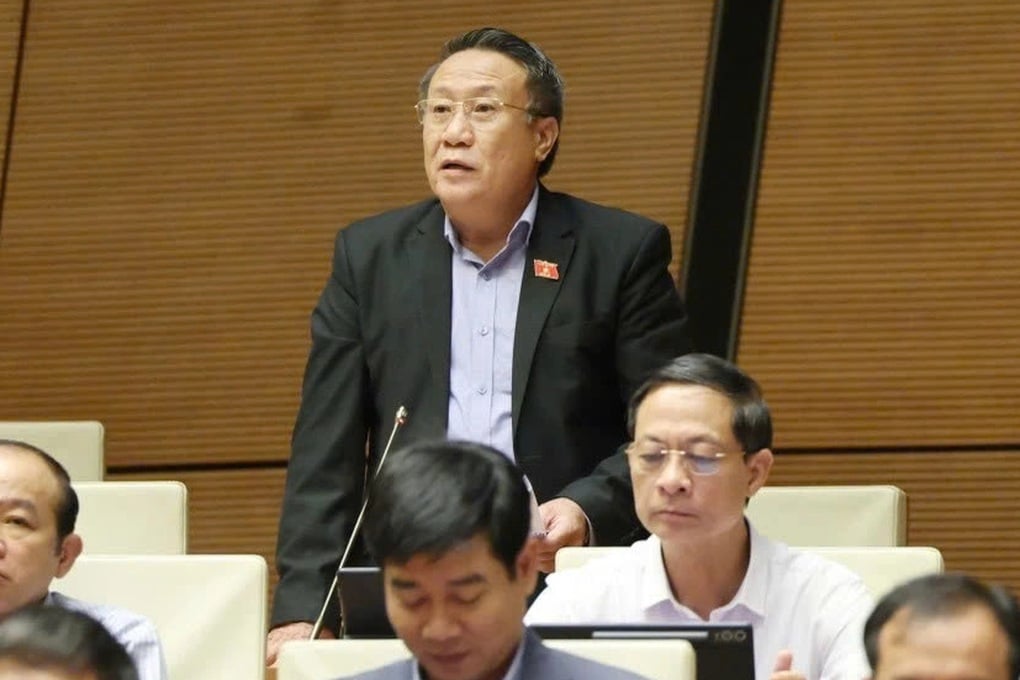
National Assembly Delegate Ha Sy Dong (Photo: Hong Phong).
In budget management, delegates suggested that the issue of budget deficit and public debt should also be viewed cautiously. Although the public debt to GDP ratio is still within limits, the absolute scale is increasing rapidly, and the Government's direct debt repayment obligations are at risk of exceeding the safety threshold.
In the coming period, if the growth rate of expenditure is higher than the growth rate of revenue, public debt pressure will increase. Therefore, delegate Ha Sy Dong suggested that it is necessary to diversify financial instruments, develop the market for long-term government bonds, green bonds, energy conversion bonds, encourage the mobilization of domestic resources through public-private partnerships, and strengthen control of guaranteed debt obligations and contingent debt.
The delegate emphasized that this is the time for a shift in thinking about national financial management: Flexible but disciplined, decentralized but controlled, strong but effective investment.
“Only then will the State budget truly become the lifeblood that nourishes sustainable development, and public investment will truly be the “fuse” that creates a breakthrough for the economy,” according to delegate Ha Sy Dong.
Source: https://dantri.com.vn/thoi-su/tphcm-va-nghich-ly-tam-voc-sieu-do-thi-nhung-mac-ao-the-che-cap-tinh-20251030112329257.htm


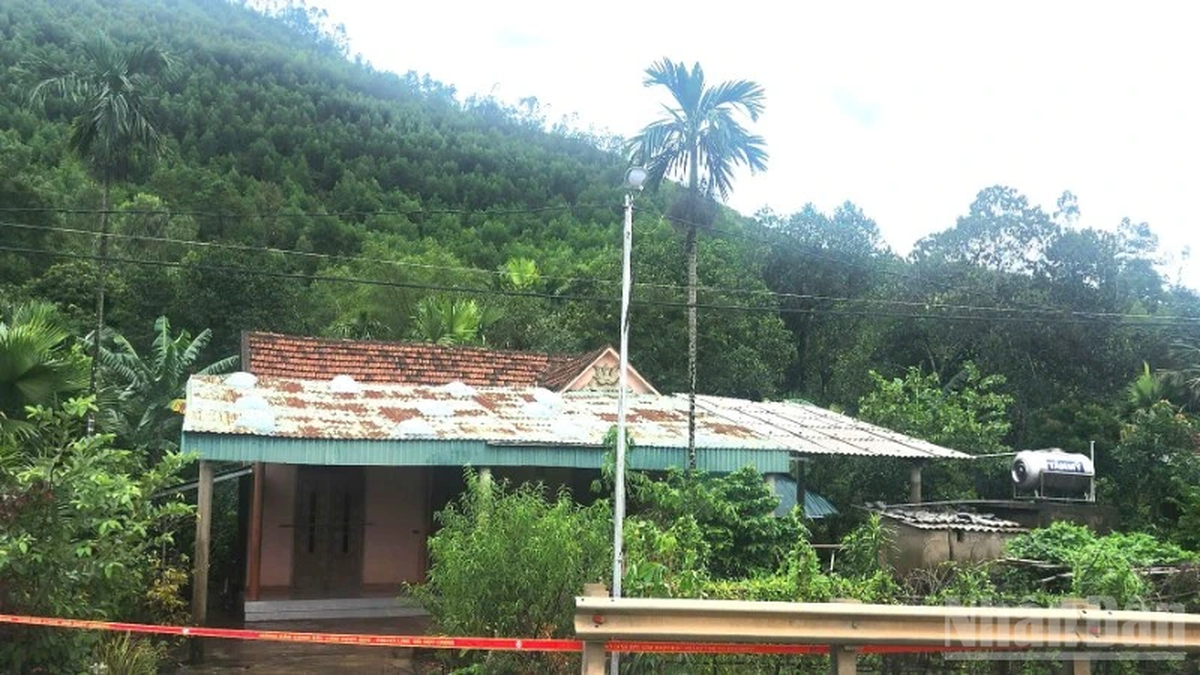
![[Photo] Touching scene of thousands of people saving the embankment from the raging water](https://vphoto.vietnam.vn/thumb/1200x675/vietnam/resource/IMAGE/2025/10/30/1761825173837_ndo_br_ho-de-3-jpg.webp)
![[Photo] General Secretary To Lam attends the Vietnam-UK High-Level Economic Conference](https://vphoto.vietnam.vn/thumb/1200x675/vietnam/resource/IMAGE/2025/10/30/1761825773922_anh-1-3371-jpg.webp)
![[Photo] General Secretary To Lam meets former British Prime Minister Tony Blair](https://vphoto.vietnam.vn/thumb/1200x675/vietnam/resource/IMAGE/2025/10/30/1761821573624_tbt-tl1-jpg.webp)
![[Photo] The Third Patriotic Emulation Congress of the Central Internal Affairs Commission](https://vphoto.vietnam.vn/thumb/1200x675/vietnam/resource/IMAGE/2025/10/30/1761831176178_dh-thi-dua-yeu-nuoc-5076-2710-jpg.webp)
![[Photo] National Assembly Chairman Tran Thanh Man receives foreign ambassadors who came to say goodbye](https://vphoto.vietnam.vn/thumb/1200x675/vietnam/resource/IMAGE/2025/10/30/1761820977744_ndo_br_1-jpg.webp)


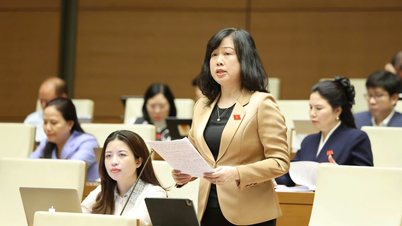
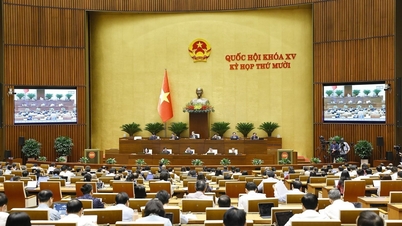



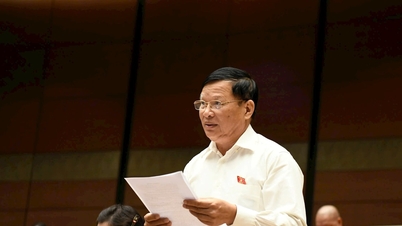






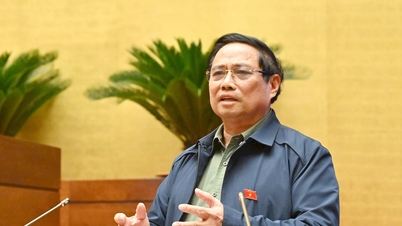









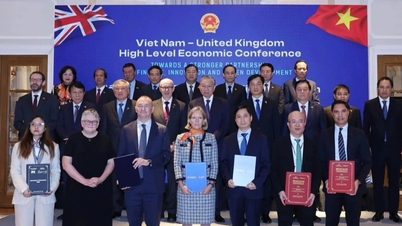
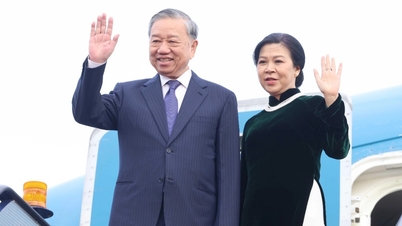
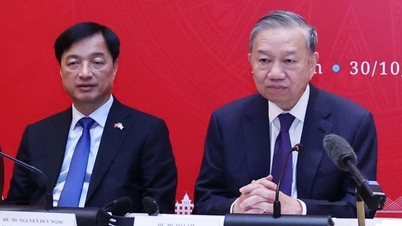
























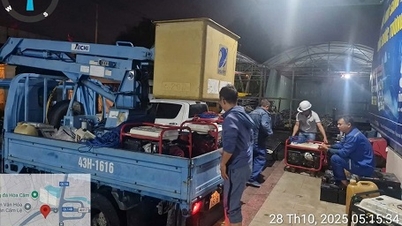



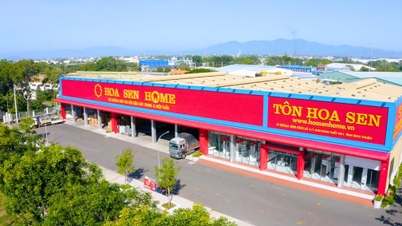










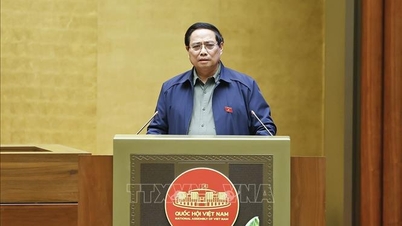
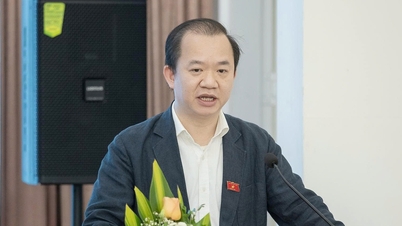
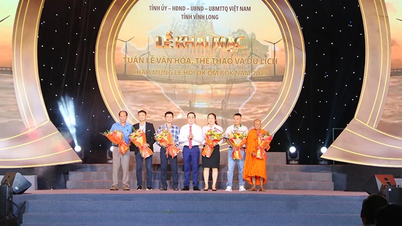



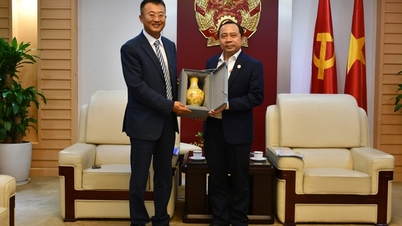
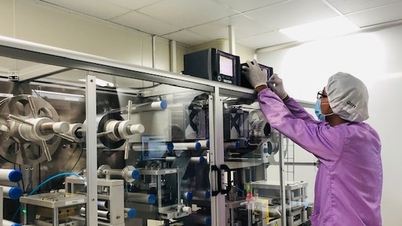
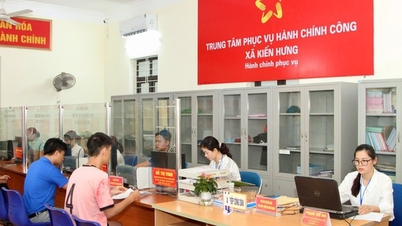
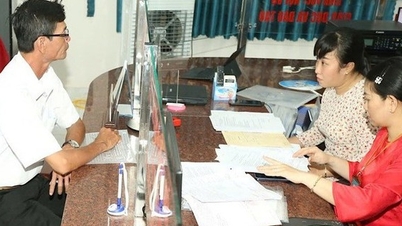
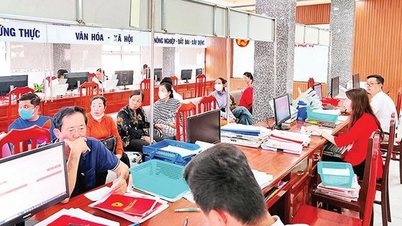
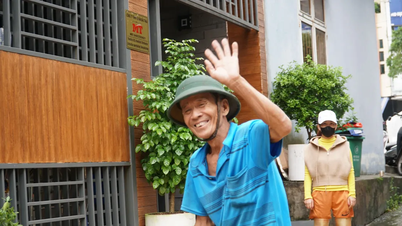




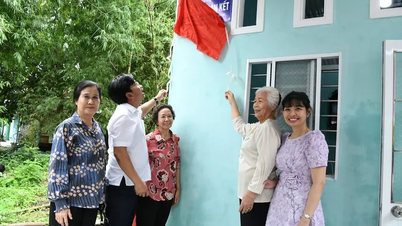

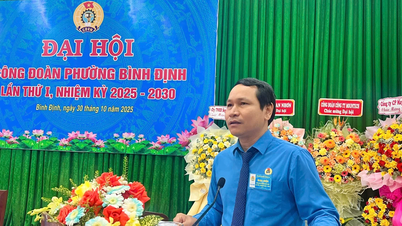
















Comment (0)